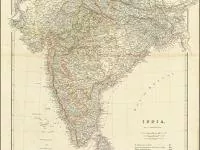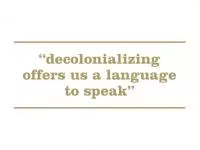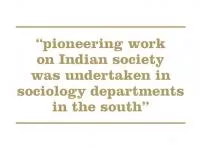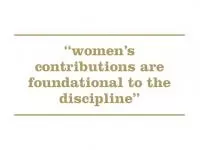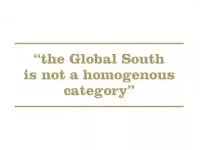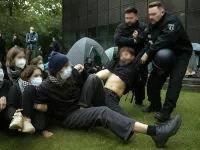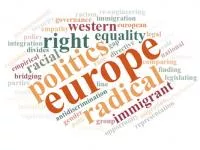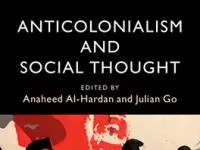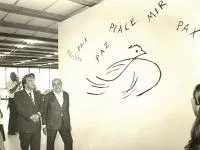GD 15.2 - August 2025
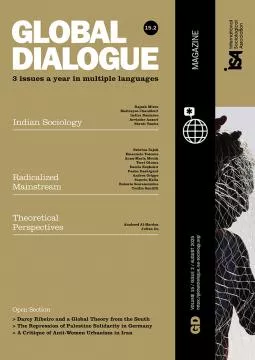
Global Dialogue is available in multiple languages!
Select the language to download the issue.
Editors:
Breno Bringel.
Assistant Editors:
Vitória Gonzalez, Carolina Vestena.
Associate Editor:
Christopher Evans.
Managing Editors:
Lola Busuttil, August Bagà.
Consultants:
Brigitte Aulenbacher, Klaus Dörre.
REGIONAL EDITORS
Arab World: (Lebanon) Sari Hanafi, (Tunisia) Fatima Radhouani, Safouane Trabelsi, Siwar Harrabi.
Argentina: Magdalena Lemus, Juan Parcio, Dante Marchissio.
Bangladesh: Habibul Khondker, Khairul Chowdhury, Bijoy Krishna Banik, Mohammad Jasim Uddin, Shaikh Mohammad Kais, Abdur Rashid, Mohammed Jahirul Islam, Touhid Khan, Helal Uddin, Masudur Rahman, Rasel Hussain, Ruma Parvin, Yasmin Sultana, Sadia Binta Zaman, Farheen Akter Bhuian, Arifur Rahaman, Ekramul Kabir Rana, Alamgir Kabir, Suraiya Akter, Taslima Nasrin, Nasim Uddin, S. Md. Shahin.
Brazil: Fabrício Maciel, Andreza Galli, José Guirado Neto, Jéssica Mazzini Mendes, Carine Passos.
France/Spain: Lola Busuttil.
India: Rashmi Jain, Manish Yadav.
Indonesia: Hari Nugroho, Lucia Ratih Kusumadewi, Fina Itriyati, Indera Ratna Irawati Pattinasarany, Benedictus Hari Juliawan, Mohamad Shohibuddin, Dominggus Elcid Li, Ario Seto, Nurul Aini, Aditya Pradana Setiadi, Rusfadia Saktiyanti Jahja, Harmantyo Pradigto Utomo, Gregorius Ragil Wibawanto.
Iran: Reyhaneh Javadi, Niayesh Dolati, Elham Shushtarizade, Ali Ragheb.
Poland: Aleksandra Biernacka, Anna Turner, Joanna Bednarek, Sebastian Sosnowski.
Russia: Elena Zdravomyslova, Daria Kholodova.
Taiwan: WanJu Lee, Zhi Hao Kerk, Yi-Shuo Huang, Mark Yi-Wei Lai, Yun-Jou Lin, Tao-Yung Lu, Ni Lee.
Turkey: Gül Çorbacıoğlu.
GD 15.2 - August 2025
Editorial
This second issue of the year opens with a focus on India, home to one of the world’s most vibrant sociological communities. In this section dedicated to Indian sociology, five leading intellectuals from the country engage with different issues such as the tension between indigenous and Western sociologies, ongoing efforts to decolonize thought, the historical development and regional specificities of Indian sociology, and the impact of feminism and social movements. By foregrounding these central themes in Indian debates, we pay tribute to the Indian Sociological Society, founded in 1951, which will host its 50th annual conference in December 2025.
The main thematic section of this issue addresses the normalization of the far right. The seven articles, curated by Sabrina Zajak, Emanuele Toscano, and Anna-Maria Meuth, argue that the far right has already become the “new normal.” They provocatively describe this trend as a “radicalized mainstream,” pointing to the widespread normalization of authoritarian, sexist, ethno-nationalist, anti-migrant, anti-rights, and anti-pluralist ideologies. The authors analyze the diverse and evolving strategies through which the far right gains legitimacy and reshapes political and cultural landscapes. They explore the normalization of far-right politics through shifts in European party systems, the role of digital platforms in mainstreaming extremist content, and the radicalization of male self-improvement spaces within the manosphere. The far right’s engagement with fashion is analyzed as a subtle yet powerful tool for identity formation and ideological diffusion. Further, the texts delve into how far-right actors infiltrate civil society in both global and localized contexts and how populist regimes reconstruct civic space to align with authoritarian and exclusionary agendas.
In our “Theoretical Perspectives” section, Palestinian sociologist Anaheed Al-Hardan and American sociologist Julian Go reclaim anticolonial thought as a vital source of critical social theory. They argue that anticolonial struggles have produced original concepts and insights that challenge imperialist epistemologies. Rather than rooting critique in geographic identity, they propose the anticolonial standpoint as a generative basis for dissident theory.
We conclude this issue with three diverse contributions in our ”Open Section.” The first revisits the legacy of Brazilian thinker Darcy Ribeiro and his contributions to global sociology. The second analyzes the war in Gaza in the German context, discussing the instrumentalization of anti-Semitism, the silencing of dissent, and various forms of repression targeting solidarity with Palestine in academic and public spheres. The final article critiques the silencing of women in the production of urban space in Iran.
Our next issue will be dedicated entirely to Global Dialogue’s founding editor, Michael Burawoy, following his tragic passing. If you would like to contribute or share suggestions, please don’t hesitate to reach out.
Breno Bringel, editor of Global Dialogue
Global Dialogue can be found in multiple languages.
Submissions should be sent to globaldialogue@isa-sociology.org.

